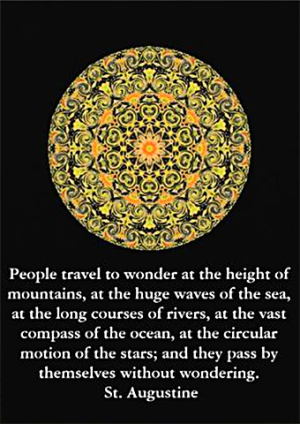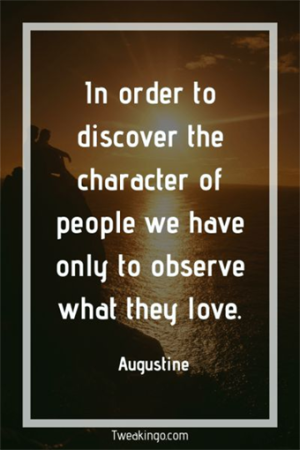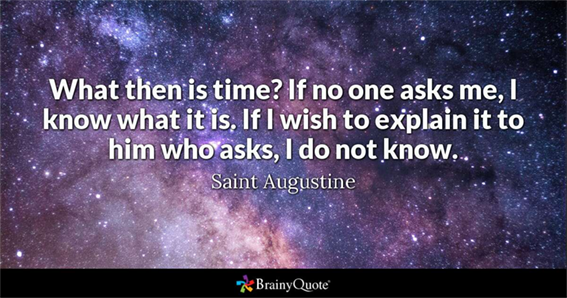Jung described the Golden Shadow as our submerged creative potential. It is our hidden greatness. The qualities we admire in others, our idols and heroes, often represent aspects of our golden shadow. The people we admire, celebrities who cameo in our dreams, our mentors, and our dreams and goals for our lives all link to the golden shadow. Healing, personal development, positive growth, and strength are all linked to the golden shadow, too.
So, let's talk about our golden shadows, who and what we would like to be, who we admire, and the steps we take, or can take, to develop this positive shadow and become who we really want to be.
Two that come to mind...
Celebrity: Growing up, I watched Mr. Rogers' Neighborhood on PBS. He was so open with people, so real. I wanted to make connections like that, and to believe his words about the world. He also followed his words about empathy, compassion, understanding, progress, patience, etc. with his actions. He pushed the boundaries of what others were willing to do, or were too afraid to do in order to prove he meant what he said. He approached the difficult topics that adults often skirted around, so I found him intriguing, and learned so much about life, death, love, loss, grief, divorce, hatred, etc. from him. There are a lot of celebrities who put on personas on camera, and off-camera they reveal their true nature, which is unfortunately not at all what they demonstrate to their audience. Mr. Rogers wasn't like that. He was the same on screen, and off screen. I admired him as a child, and now that I am an adult, I respect his legacy immensely. I'm not saying that I am like him, but he influenced me a lot.
Family Member: My Papaw was my hero. He loved my Nanny (grandmother) fiercely, and provided for her and others with a spirit of generosity. He helped raise myself, my sister, and my cousins when our own fathers fell short of their responsibility. He taught me the value of finances and hard work. He would tell me if you don't have to work hard for it, then you will never fully know the value of it (he ensured that I'd never have a heightened view of entitlement to things which I am not owed without effort). He also told me never to borrow from anyone who expects interest or more than they are owed, because you'll never be free of them. He's one of the reasons why I don't have crippling debt like most people my age. He helped me to be reasonable about my expectations on others and what they are capable of, and to be gracious. One of the examples that he lived out, was in helping an immigrant family with a rent house. He gave them a reduced rate because he said they just got here to the States, and that he wanted to make sure they had the ability to provide for their children without being burdened from the onset. Coming from a man who was raised in the 30s/40s in a highly racist area of the South-- his actions moved me deeply. I loved him more than I can express, and the imprint of his character is imbued on me to my core. I hear his laugh when I close my eyes, and it fills me with happiness. I miss him.
----
Edited due to Asa's new reply about things repressed:
Given the notion of parts that are good that we repress, I'm not entirely sure. I think it's difficult to recognize what you repress in yourself. I suppose it would be the things that you grew up feeling shamed about, that others might consider 'good' who knew you well. I was often told that I was too zealous or overly affectionate when I was younger. These things I've tempered (believe it or not), and choose to only demonstrate them to certain people in the amount that would be considered my 'norm'. However, I would prefer not feeling shamed for loving other people, or for telling them openly what I know to be true of them deep down. I think other people feel uncomfortable with this because they maybe aren't as open, so they use a comparative judgment and then project shame. It's happened all my life, so not really something I know how
not to be wary of or to repress around most.





